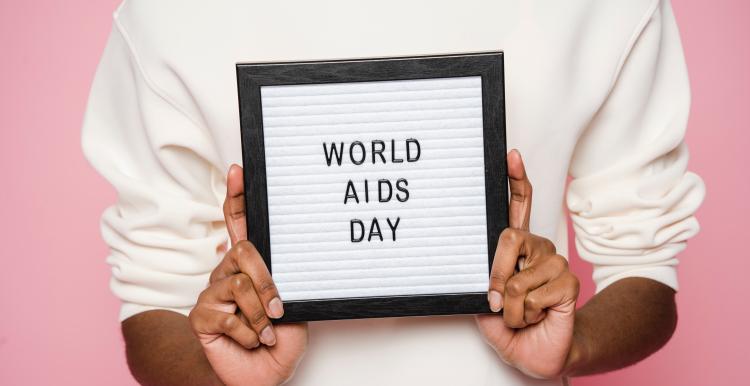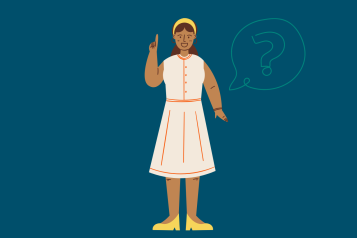Taking the opportunity to learn more about AIDS on World Aids Awareness Day

HIV, or human immunodeficiency virus, is a virus that damages the cells in our immune system and weakens our ability to fight everyday infections and disease.
While AIDS cannot be transmitted from one person to another, the HIV virus can. There’s no cure for HIV and AIDS, but medications can control the infection and prevent progression of the disease.
How does HIV become AIDS?
You can have a HIV infection, with few or no symptoms, for years before it turns into AIDS. AIDS is diagnosed with the CD4 T-cell count falls below 200, or you have an AIDS defining complication, such as serious infection or cancer.
Progression to AIDS
When AIDS occurs, your immune system has become severely damaged. You’ll be more likely to develop diseases that wouldn’t usually cause illness in a someone who has a healthy immune system. These are called opportunistic infections or opportunistic cancers.
The signs and symptoms of some of these infections may include:
- Sweats
- Chills
- Recurring fever
- Chronic diarrhoea
- Swollen lymph glands
- Persistent white spots or unusual lesions on your tongue or in your mouth
- Persistent, unexplained fatigue
- Weakness
- Weight loss
- Skin rashes or bumps
Risk Factors
Anyone of any age, race, sex or sexual orientation can be infected with HIV and AIDS.
However, you’re at greatest risk of HIV/AIDS if you:
- Have unprotected sex
- Use a condom every time you have sex. Your risk of HIV increases if you have multiple sexual partners.
- Have a Sexually Transmitted Infection
- Many STIs produce open sores on your genitals. These sores act as doorways for HIV to enter your body.
- Use illicit injection drugs
- People who use illicit injection drugs often share needles and syringes. This exposes them to droplets of other people’s blood.


